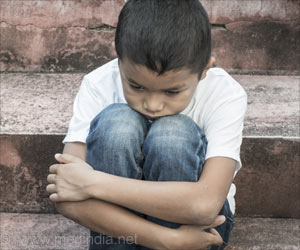Men undergo an entirely different mourning process compared to women when they lose someone close to suicides. This process is also very difficult for them to deal with because of their masculine ideals, finds a new study.

‘In association with certain complicated masculine ideals, men possess certain other values - self-care and protecting family and friends, which if they channelize properly, can bring them out of the mourning phase more appropriately.
’





John Oliffe, the study's lead author, and a UBC nursing professor worked with 20 adult Canadian men, who had lost a close male friend or family member to suicide. The men were invited to take photos of objects, people or anything that connected to their grief and to narrate their photos in follow-up interviews.The researchers found that the participants sought to explain their friend or family member's suicide in typically masculine terms, saying things like "he was strong to the end" or "he fought hard to control his demons/overcome his problems" or "he didn't want to be a burden to others."
"They also reacted to the suicide in a way that you might call stereotypically male - processing it on their own and not talking about it much, because as a guy you expect, and you're expected to be 'strong' and not 'emotional'," said Oliffe, who heads the men's health research program at UBC.
But the participants held other masculine values as well that seemed to help them cope with the loss while protecting their mental well-being. A father who had lost his son to suicide said he wished he had shown more vulnerability himself, to show his son that it was all right to talk openly about one's troubles. Others said they learned something from the suicide of their friend or relative.
"One participant, a family man, said he realized it was important to seek help for a health or mental issue when necessary, in order to safeguard his family's future. Another said he learned a lesson from his father's death to not prioritize making money over everything else in life," said Oliffe.
Advertisement
"There is a growing body of research about male suicide, but we know much less about the grieving process that the survivors, particularly the men, go through," said Oliffe. "Hopefully our research adds to this knowledge and helps health-care providers design more effective interventions to protect men's mental health and that of their families."
Advertisement











